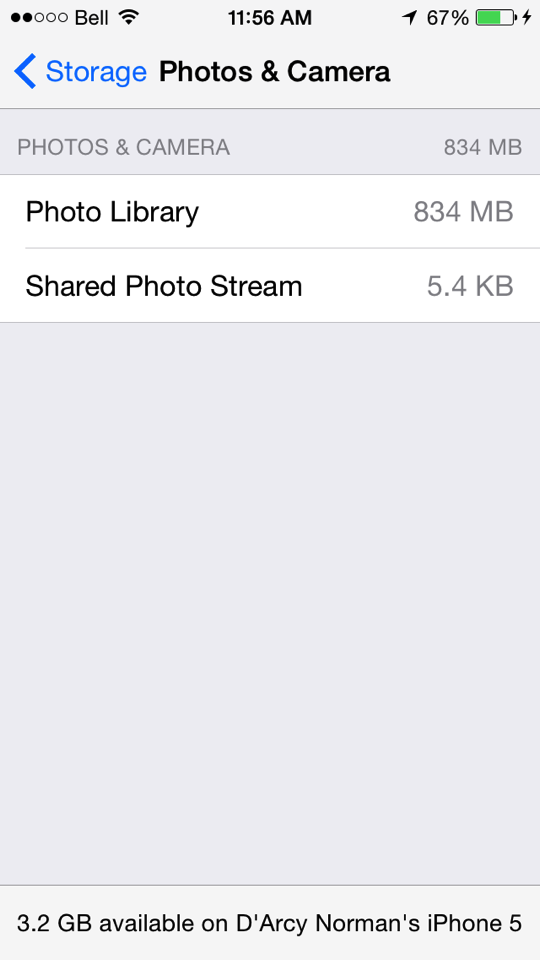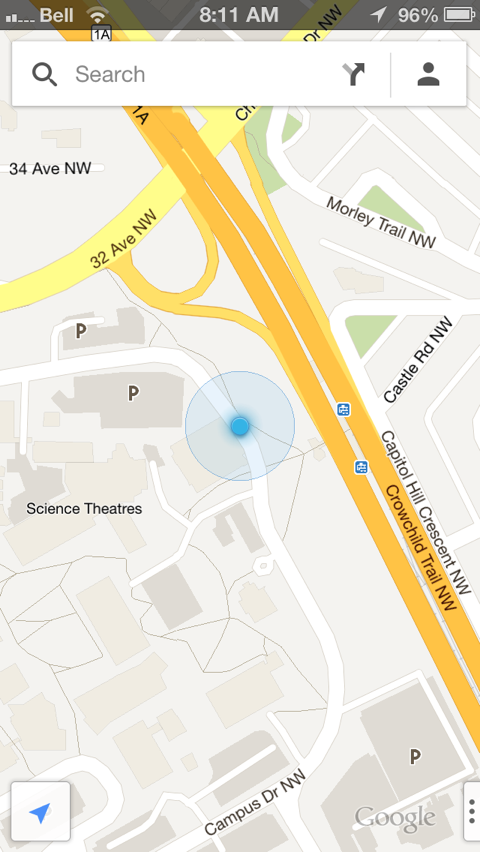I’ve been photoblogging here on my blog for a few years now. This blog serves as the single point of publishing for my photos – they get posted here, then pushed to Flickr, Twitter, and Facebook. I’ve posted over 4,000 photos here (with the most recent shown as thumbnails on the Photos page). Almost all of them have been done through the WordPress iOS app on my phone (and some published from the desktop, through the browser or MarsEdit).
I’ve made a few tweaks to streamline the process – the default category for posts is “Ephemera” – and unless I intervene to set another category (and remove Ephemera), posts don’t get displayed on the front page of this site, nor in the main RSS feeds. This way, I don’t have to worry about spamming the 3 RSS subscribers when I post a bunch of puppy photos.
The process works pretty well, but man, there are a lot of clicks. I did a quick recording to show what it took to post this photo – the process of mobile photoblogging from a phone to WordPress could use some streamlining…










